The U.S. Food and Drug Administration (FDA) has updated its risk level of the more than 10,000 potato products that were recalled in early May.
Now, these recalled potato items have been updated to a Class II by the FDA. This comes after many of these products were taken off shelves around the United States because of a potential Listeria monocytogenes contamination.
Recalled Potato Products
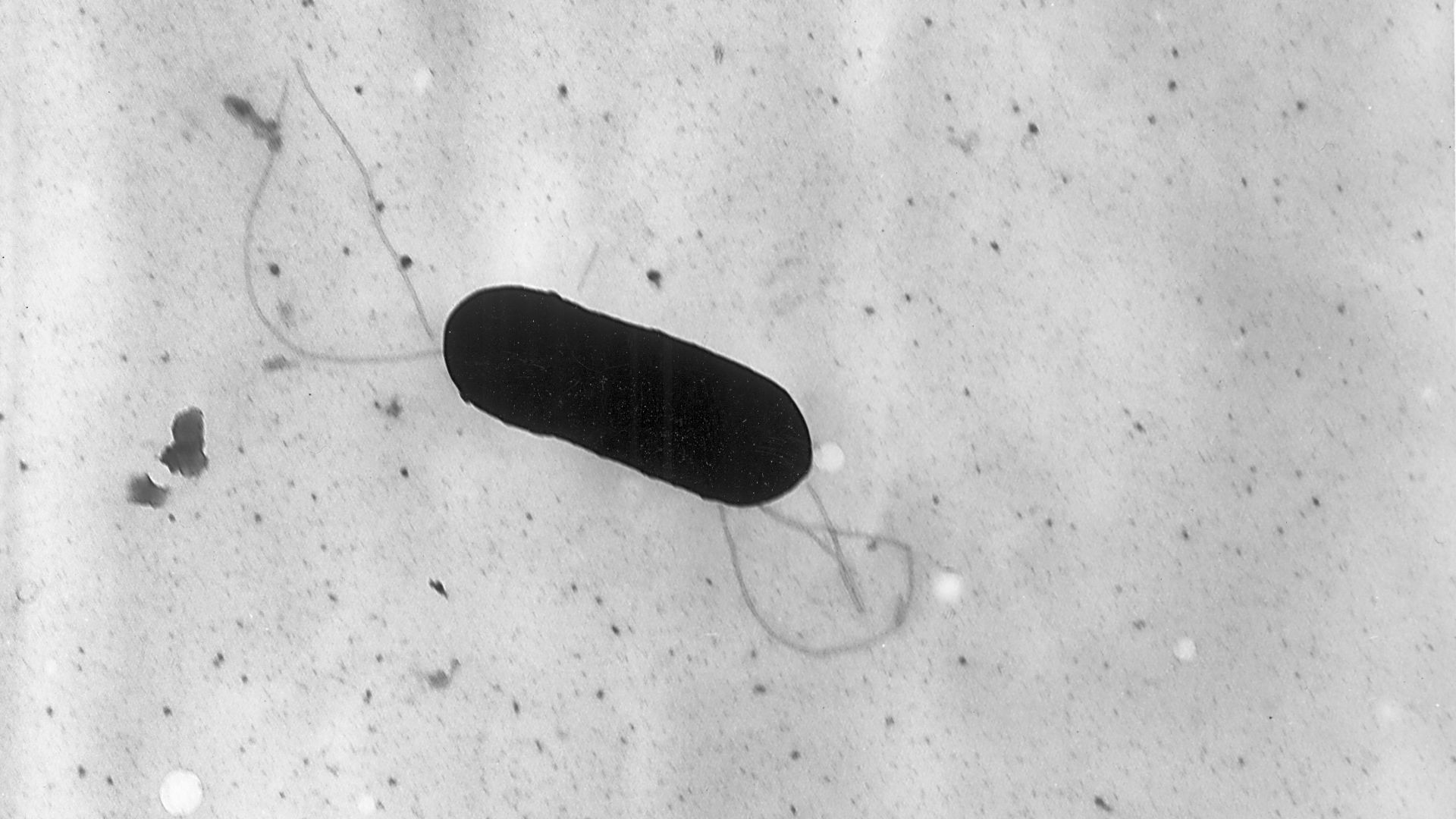
Back in May, the Veggies Made Great brand Broccoli Cheddar Breakfast Bakes were voluntarily recalled. This occurred after a potential Listeria contamination.
At first, the FDA did not classify this recall. However, that has since changed — and the FDA has now fully updated the classification of this voluntary recall.
Updated to Class II
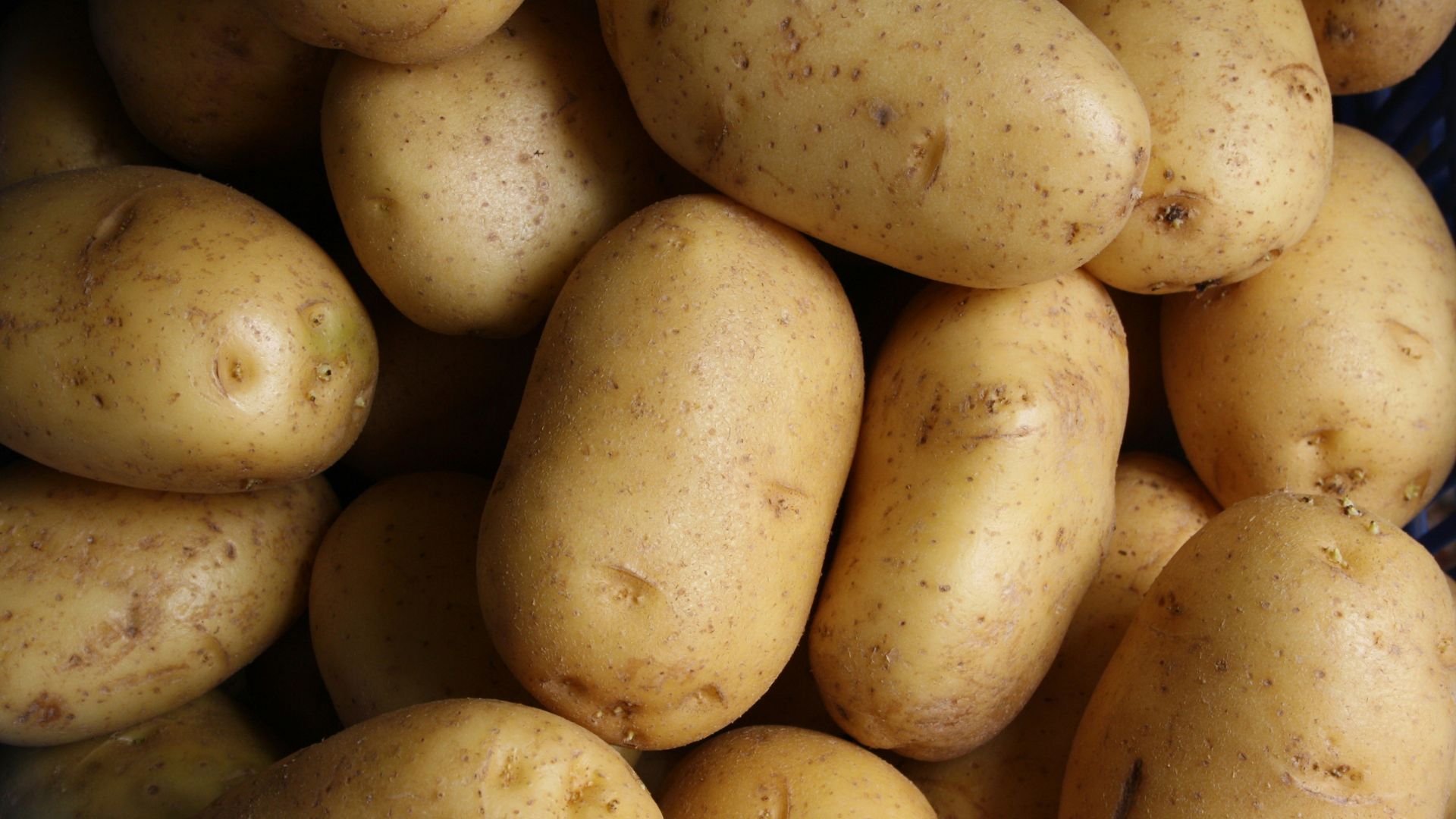
The FDA has updated this specific potato product recall to a Class II on Monday, June 3. A Class II recall means that these products, if used or ingested, “may cause temporary or medically reversible adverse health consequences.”
According to the FDA’s classification system, Class II is the third most serious type of classification that they can do. This class also means that the “probability of serious adverse health consequences is remote.”
Other Noteworthy Classifications
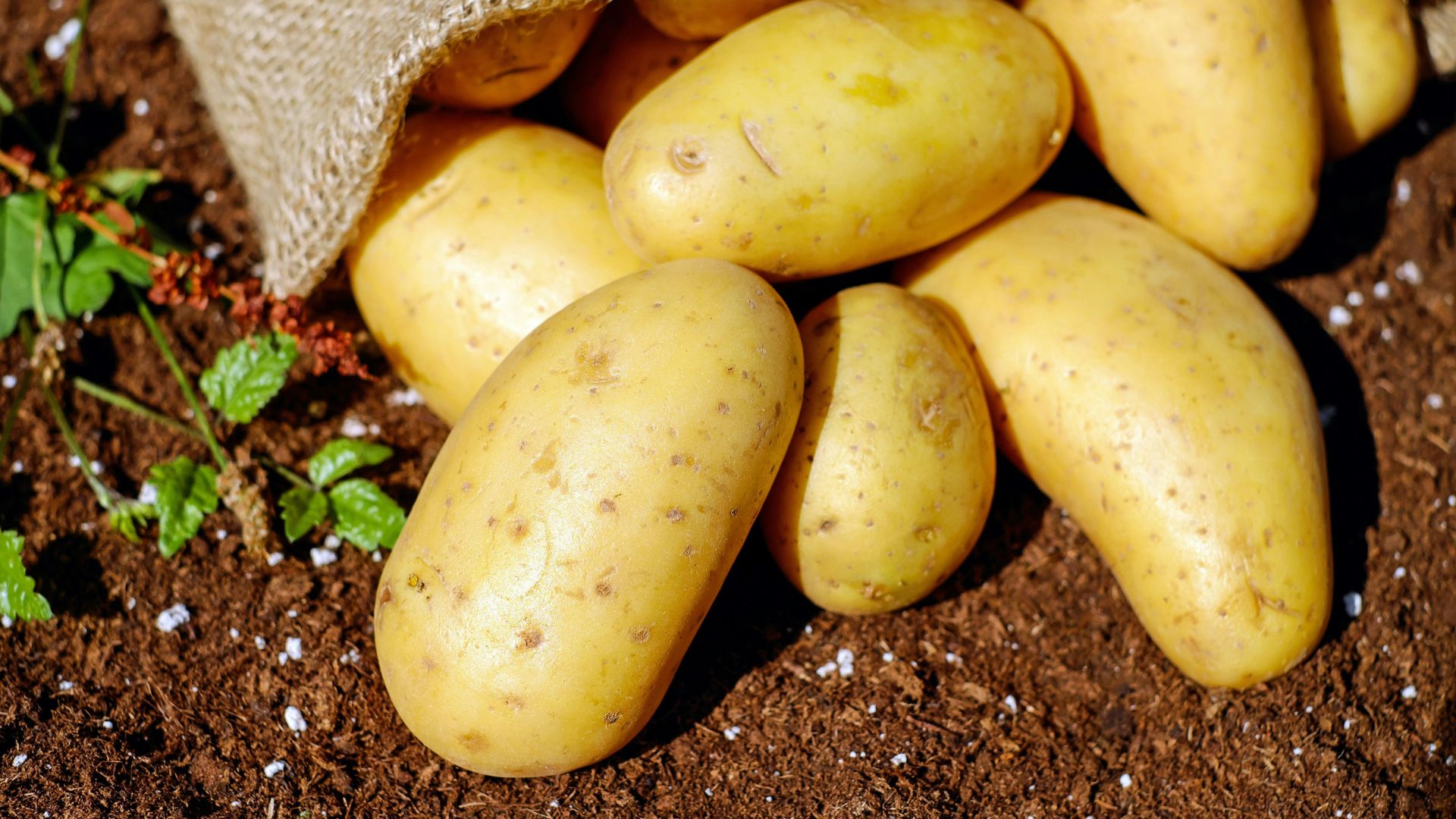
Below Class II is Class III, which is considered less serious. The FDA states that this recall occurs if the products are thought unlikely to cause “adverse health consequences.”
Meanwhile, a Class I classification is much more important and severe, as recalled products of this class are thought to “cause serious adverse health consequences or death.”
What Items Are Affected
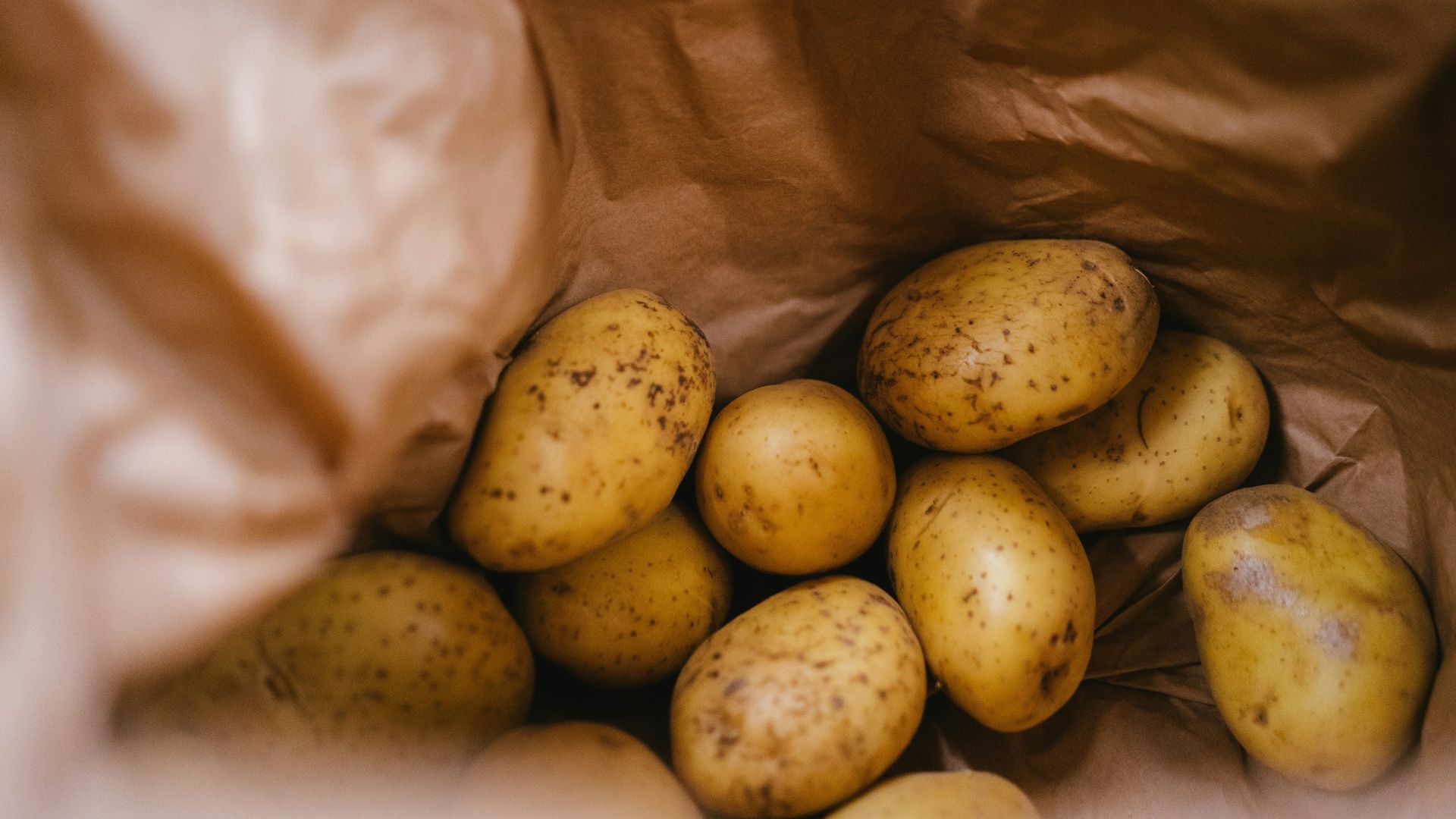
So far, it appears that about 10,544 boxes of these potato bake products have been the main items impacted by this potential Listeria contamination.
These boxes had the lot code 11754 on them, as well as a best-used date of October 18, 2025.
The States Where These Potato Products Were Sold
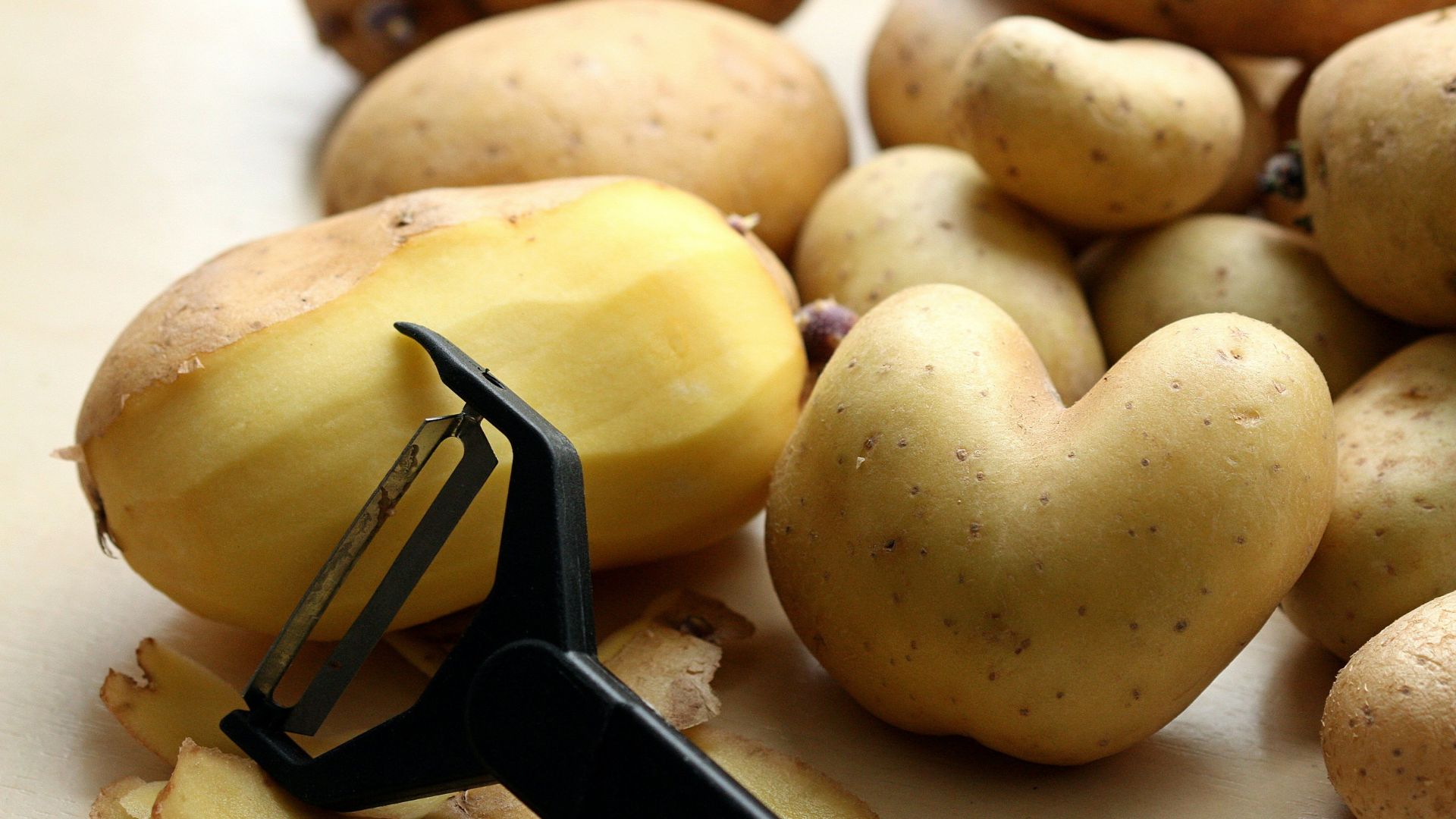
These recalled potato items weren’t sold in every state in the country. Instead, only a few states seem to have been affected by this recall.
These states include Arizona, California, Colorado, New Mexico, Nevada, and Utah. Therefore, mainly only western U.S. states have sold these products.
What Exactly Are Listeria?

Listeria monocytogenes is a species of disease-causing bacteria that can be found in most moist environments.
These environments include water, soil, decaying vegetation and animals, basically lots of settings that are associated with the food production industry. It’s generally transmitted when food is harvested, processed, prepared, packed, transported, or stored in an environment contaminated with the bacteria.
Why is Listeria Such a Potential Danger?

Freezing or storing food in cold temperatures is a good way to eliminate a lot of bacteria-related issues as the colder temperatures kill the bacteria. This isn’t the case with Listeria monocytogenes.
These bacteria can survive and even grow in refrigerated conditions or other food preservation environments. So freezing food won’t reduce or eliminate listeria risk.
Getting Sick from Listeria Bacteria

When people eat food that’s contaminated with Listeria monocytogenes, they may develop a disease known as listeriosis.
Those infected might start to see symptoms within a few hours, or it might take as long as two to three days after eating contaminated food. The longer contaminated food is left in the refrigerator, the more opportunity the bacteria has to grow.
Previous Listeria Outbreaks
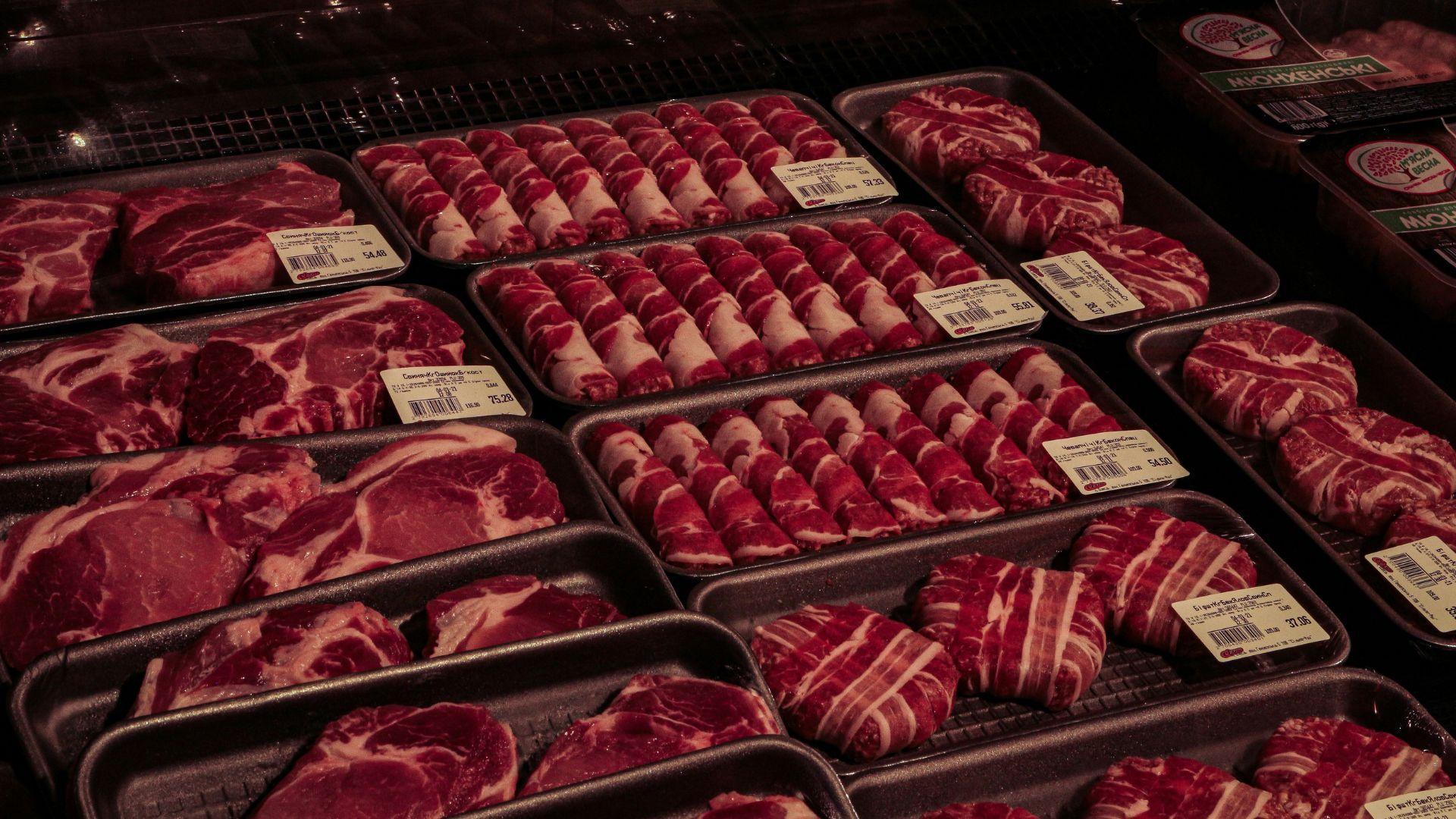
Previous outbreaks of listeriosis in the U.S. have been linked to raw or processed vegetables, raw or processed fruits, raw, unpasteruized milks and cheeses, raw or undercooked poultry, deli meats, sausages, and raw or smoked fish and other seafood.
The bacteria have also been found in raw pet food. If pets eat contaminated food, they can spread Listeria monocytogenes around the home environment.
A Life-Threatening Situation
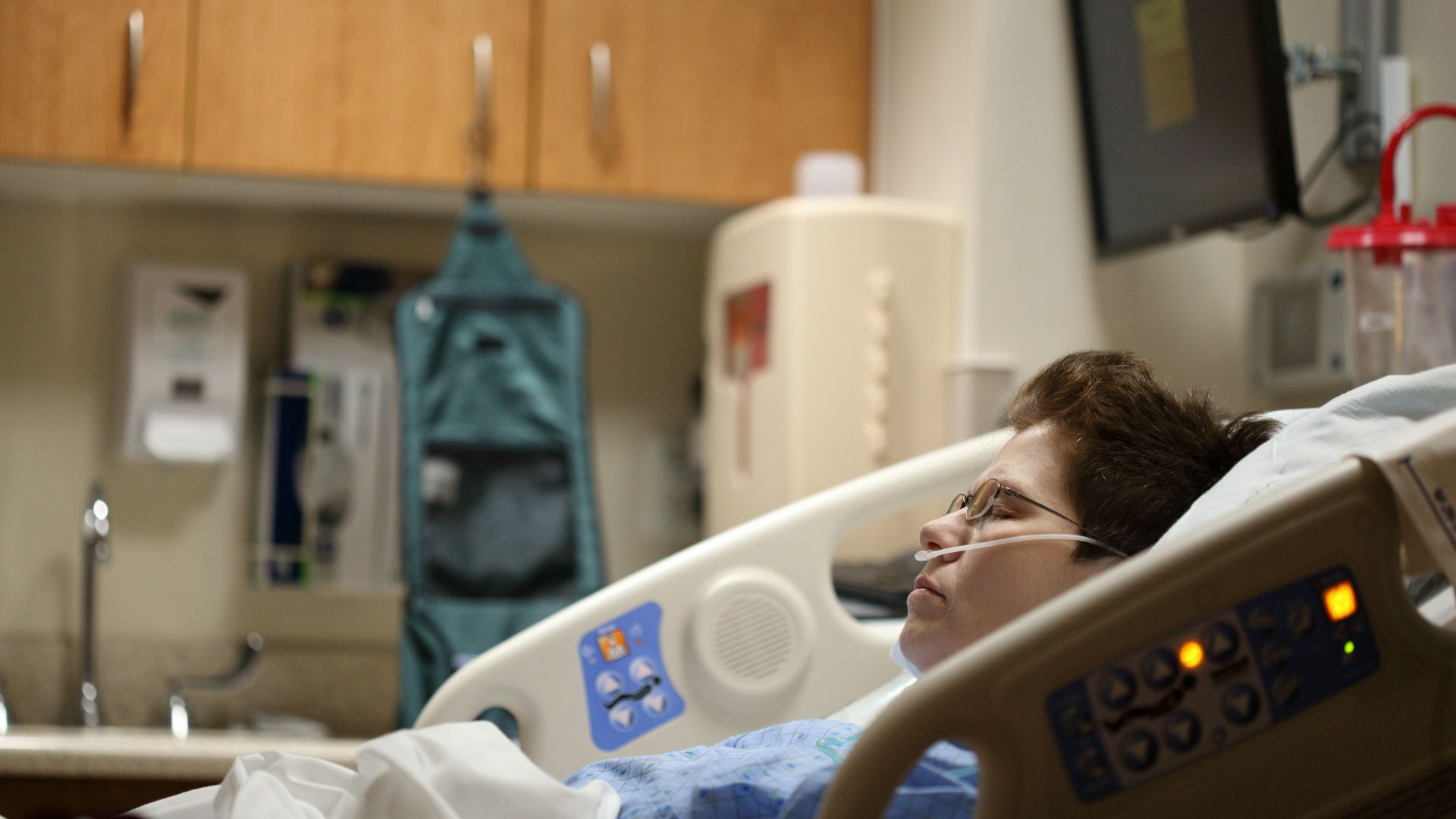
Unfortunately, Listeria contamination can lead to very deadly and life-threatening illnesses for many people — but mostly those who are considered to be in a “vulnerable” group.
This includes young children, the elderly, and those with weakened immune systems. Pregnant women are also 10 times more likely to become infected with Listeria. If infected, pregnant women could potentially suffer from miscarriages because of Listeria contamination.
Symptoms of a Listeria Infection
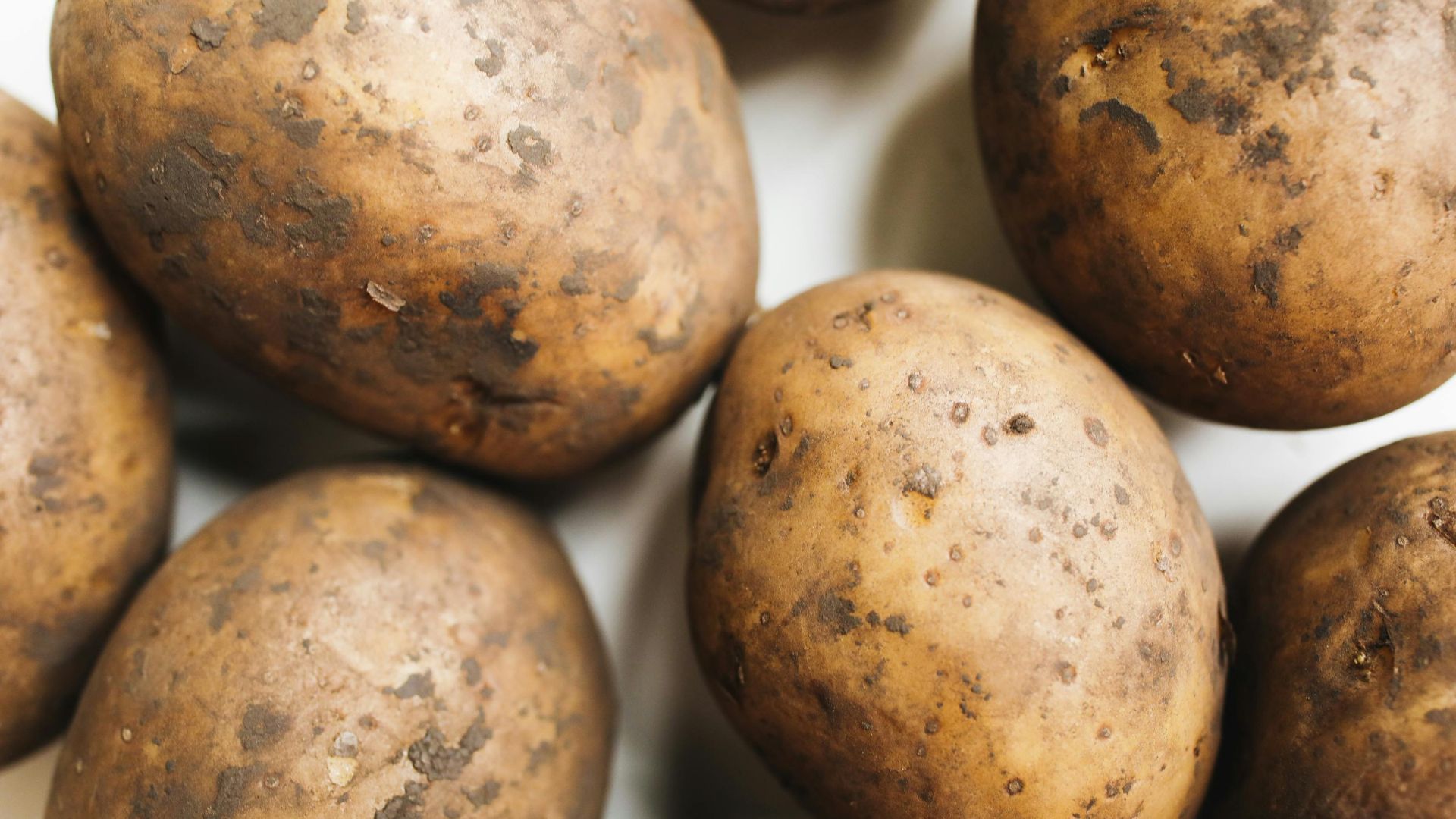
Listeria infections can cause a variety of different symptoms in people. Less serious cases may only cause muscle aches, fatigue, fever, diarrhea, nausea, and vomiting.
However, serious cases of this infection can see more severe symptoms, such as loss of balance, headache, confusion, and convulsions.
Dying From Listeria Infections

Unfortunately, people can die after getting an infection from eating a food product contaminated with Listeria. According to the Centers for Disease Control and Prevention (CDC), about 1,600 people become infected with Listeria in the U.S. every year.
Of those infected, about 260 die from their symptoms and illnesses stemming from the infection. As a result, the CDC has stated that Listeria is the third leading cause of death in the U.S. from foodborne illnesses.
Current Listeria Infections
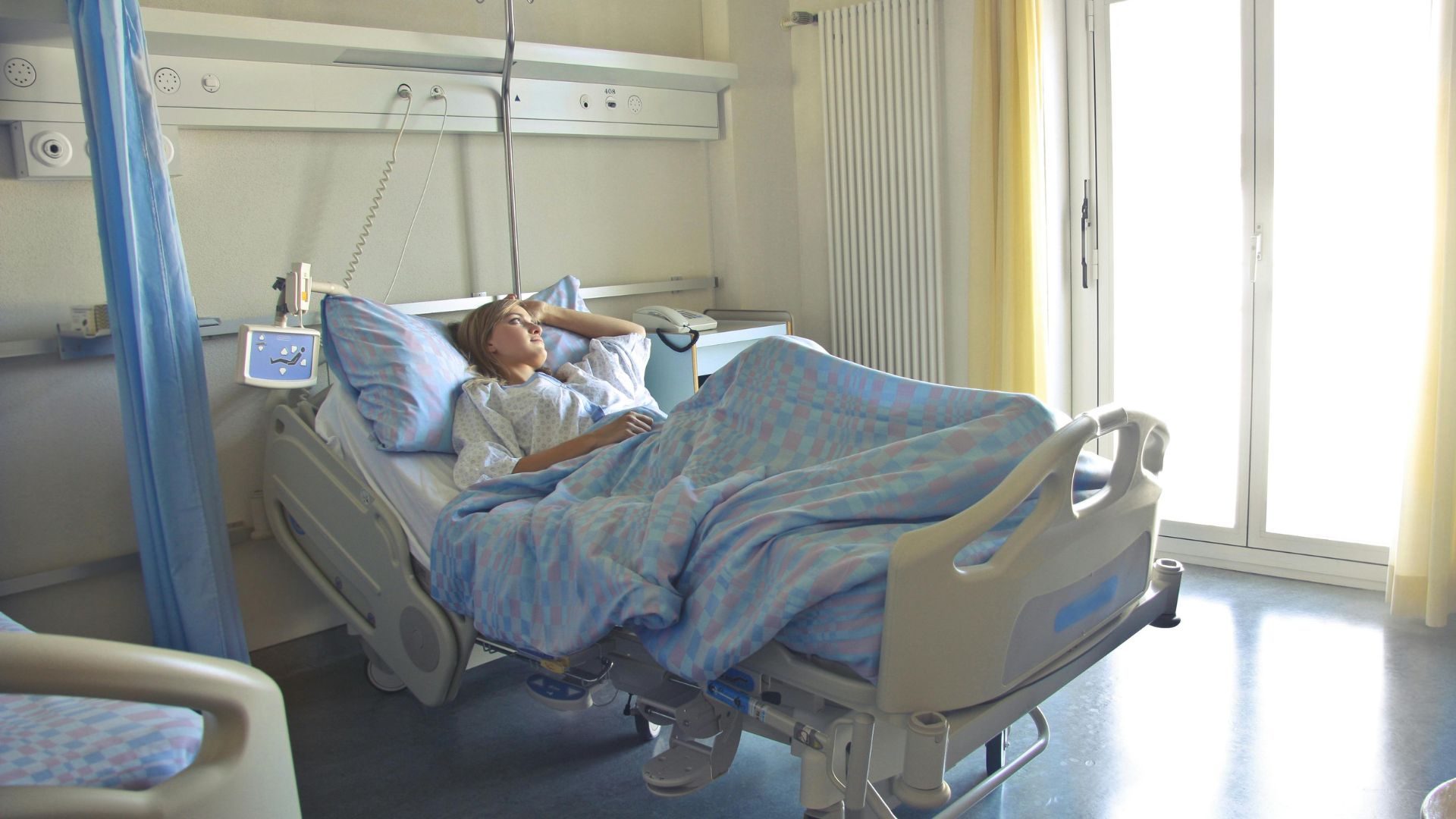
When it comes to these recently recalled potato bake products, the FDA has not yet issued any notices or news about whether any American citizen has become infected with Listeria after eating one of these recalled products.
There also hasn’t been any news about whether any illnesses or potential hospitalizations have stemmed from this recall.
How This Contamination Happened
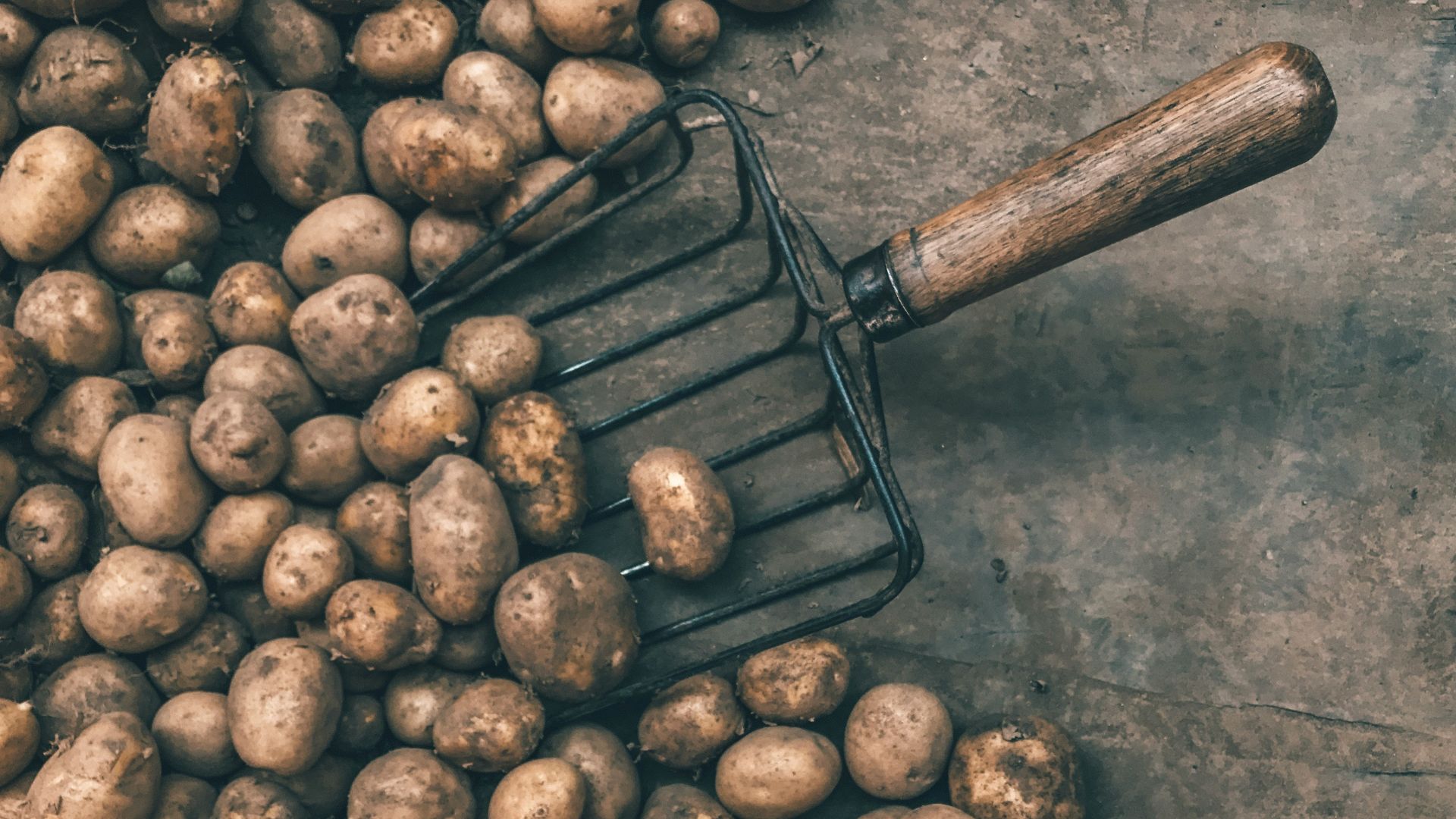
The FDA also hasn’t clarified how this Listeria contamination may have even happened in the first place.
There are many ways food can become contaminated with bacteria such as Listeria. Vegetables can become contaminated with Listeria from the manure that is used as fertilizer, or from the soil itself. Animals, meanwhile, can carry the Listeria bacteria, even without seeming sick. Any meat or dairy products from these animals can then be contaminated when they hit the store shelves.
Other Listeria Recalls

Other companies have announced product recalls in recent weeks over fears of potential Listeria contamination.
Classic Delight LLC of St. Mary’s, OH has recalled individual wrapped sandwiches due to the potential presence of dangerous Listeria monocytogenes.
What Products are Being Recalled?
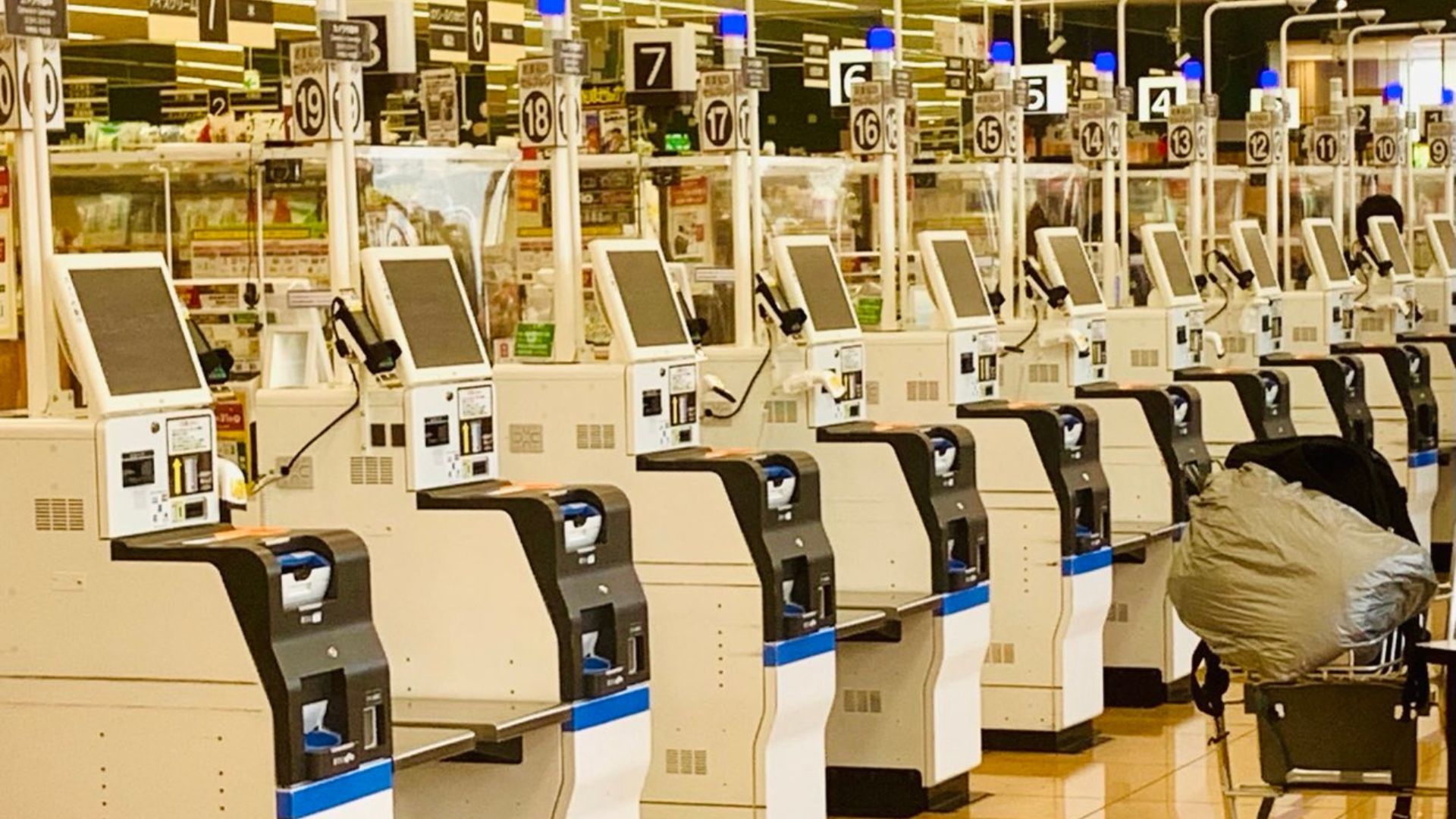
Potentially infected products were produced between May 11 and June 6, and shipped to distributors in Texas, California, Arkansas, Maryland, Ohio, Missouri, and Pennsylvania.
From these distributors, they may have ended up in convenience stores, food service distribution, and in vending machines. Any customers who think they may have purchased affected products are advised to discard them or return them to wherever they purchased them from for a full refund.
Why Was the Recall Initiated?
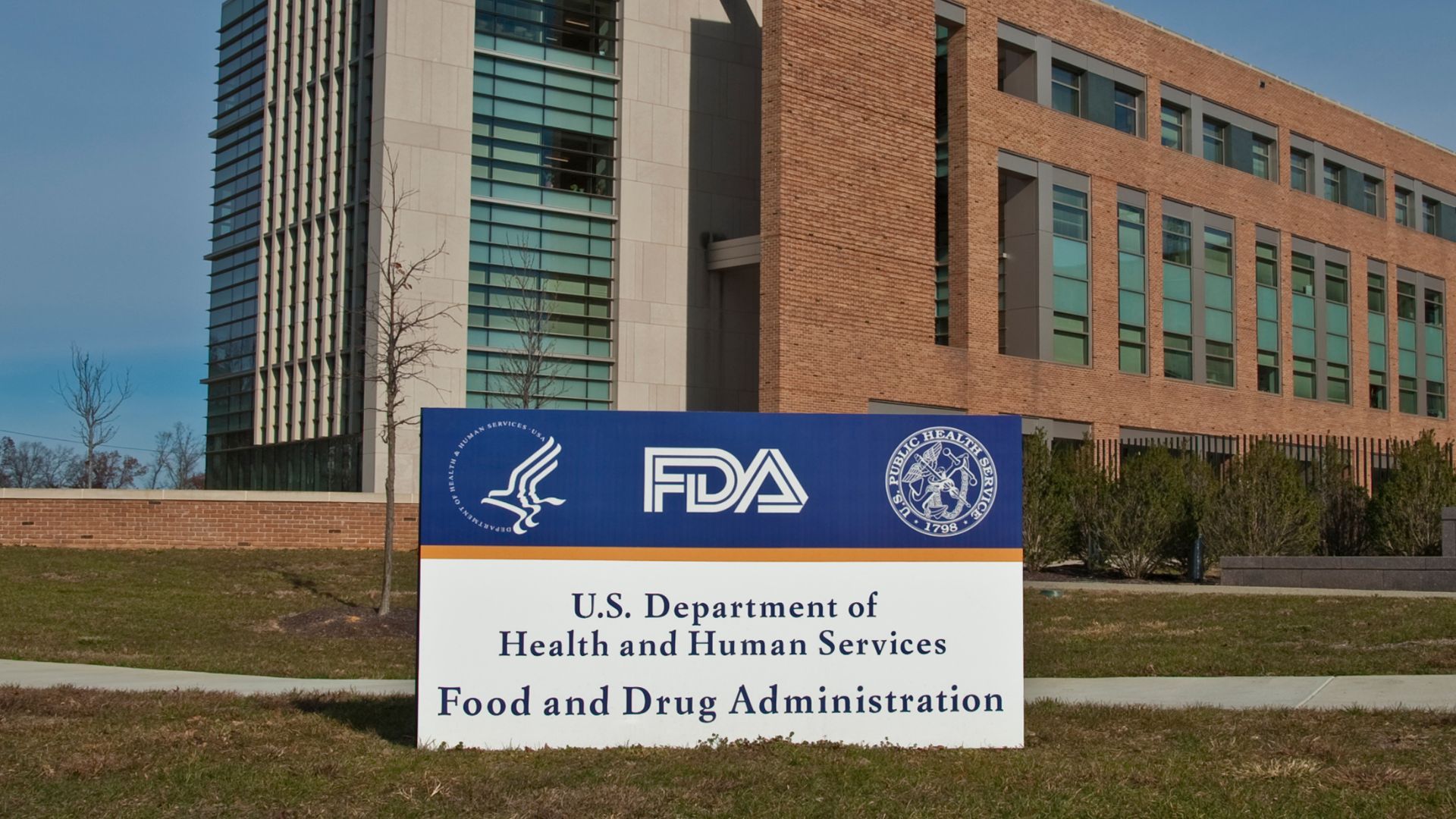
The product recall was initiated after environmental samples were taken that tested positive for Listeria monocytogenes, according to the company’s recall notice by the FDA.
According to the statement, there have been no reports of adverse reaction or illness due to consumption of these products to date. Anyone with concerns about illness are advised to contact a healthcare provider.
Next Steps in the Classic Delight Recall
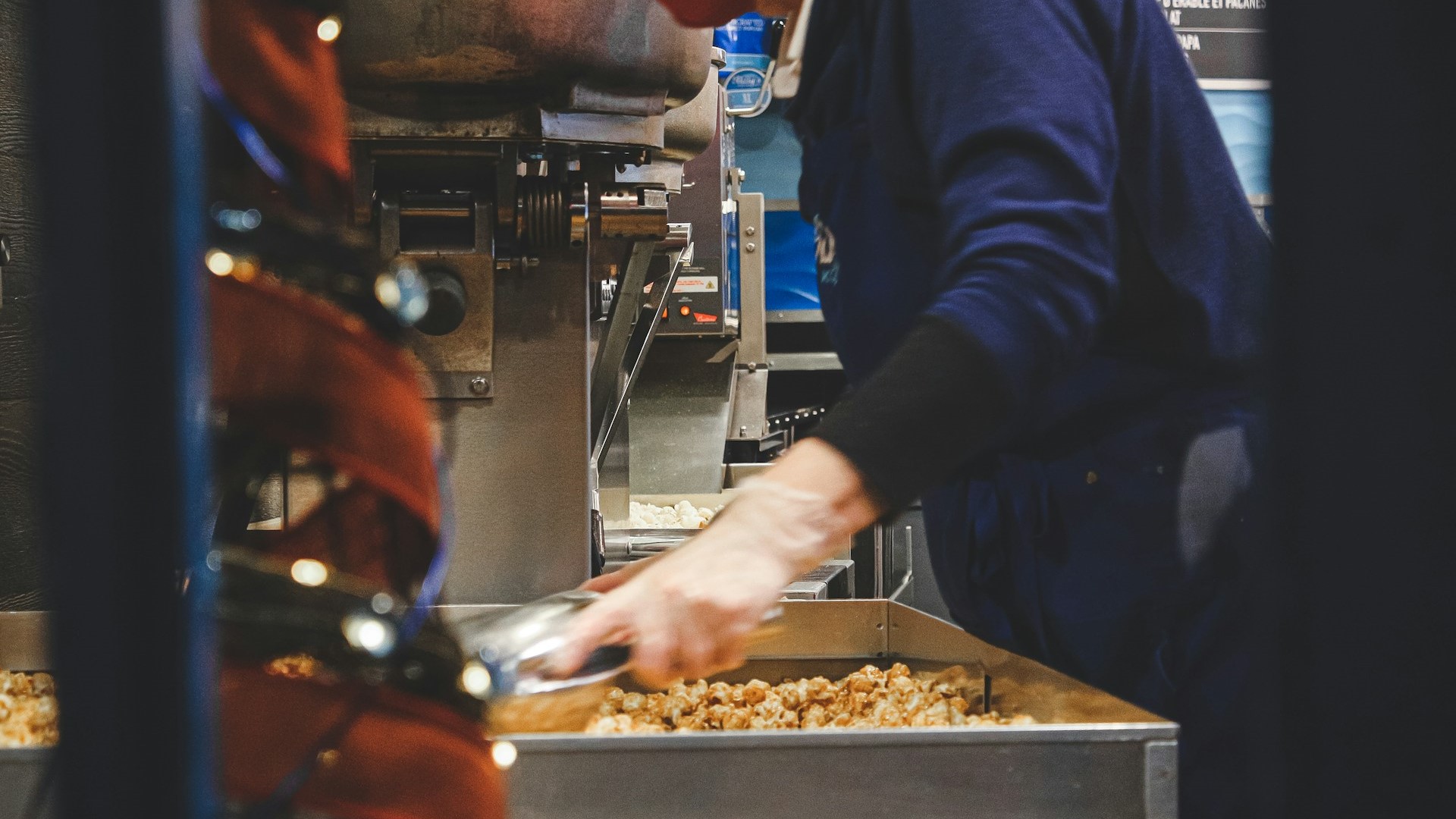
Classic Delight LLC are working in full cooperation with the FDA to carry out the recall of the products identified. A full list of these products is available as part of the recall statement.
The company has also suspended production of these products while they and the FDA investigate the source of the problem.
Listeria Recalls Overseas

Product recalls due to suspected listeria contamination seem to be making headlines recently all around the world, it isn’t something confined to the United States.
A food alert by the U.K.’s Food Standards Agency (FSA) led to the Real Wrap Co recalling 101 of its ready-to-eat products, including sandwiches, wraps, paninis, and salads due to possible listeria contamination.
Advice to Customers
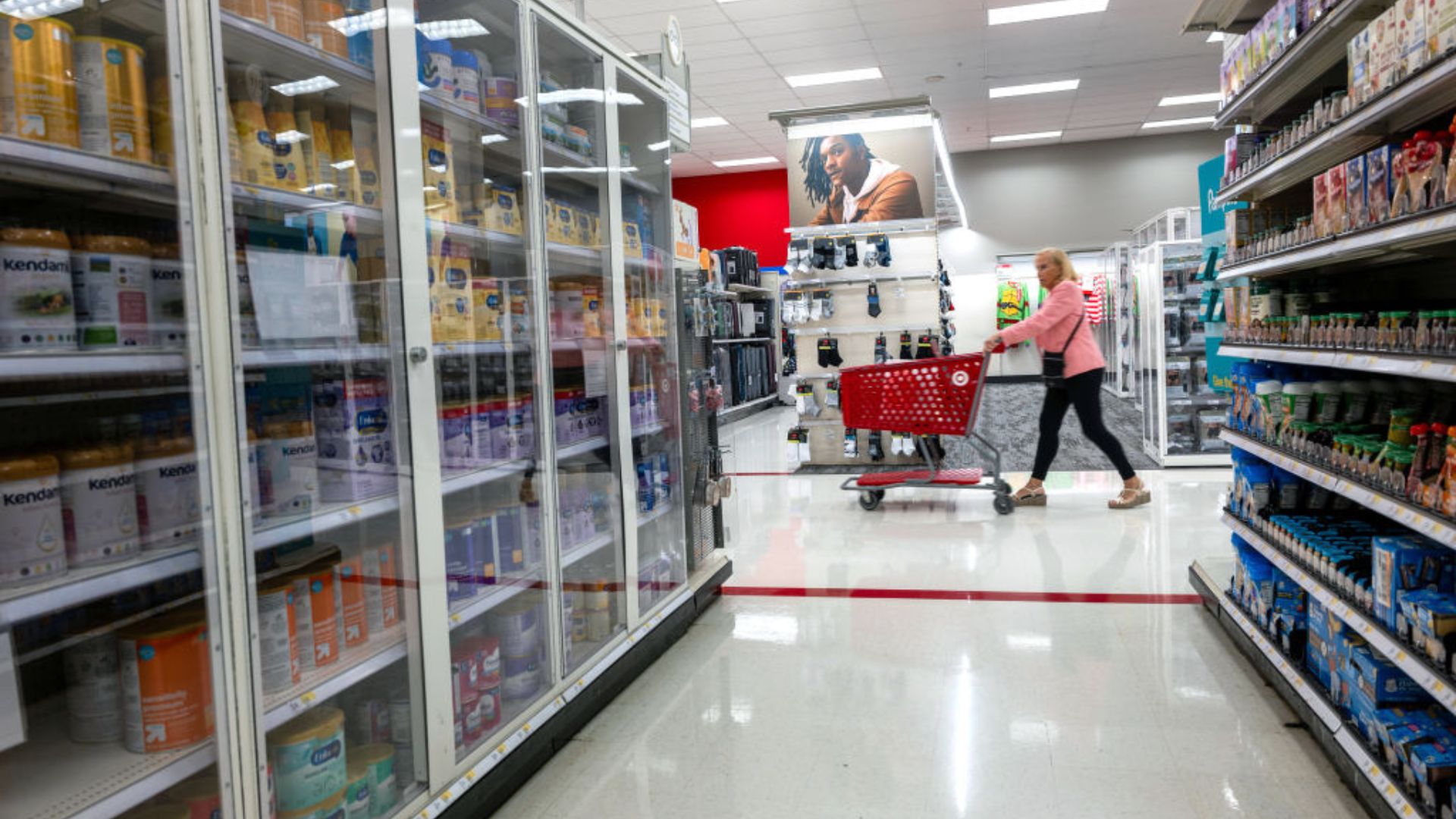
The recall in the U.K. was very similar to the process for the Classic Delight recall. Consumers were advised not to eat any of the potentially infected products and to return them to the point of purchase for a refund.
The recall also advised retailers to remove and safely dispose of any of the products being recalled and to display point of sale notices regarding the recall in stores.
Particularly Concerning Outbreak
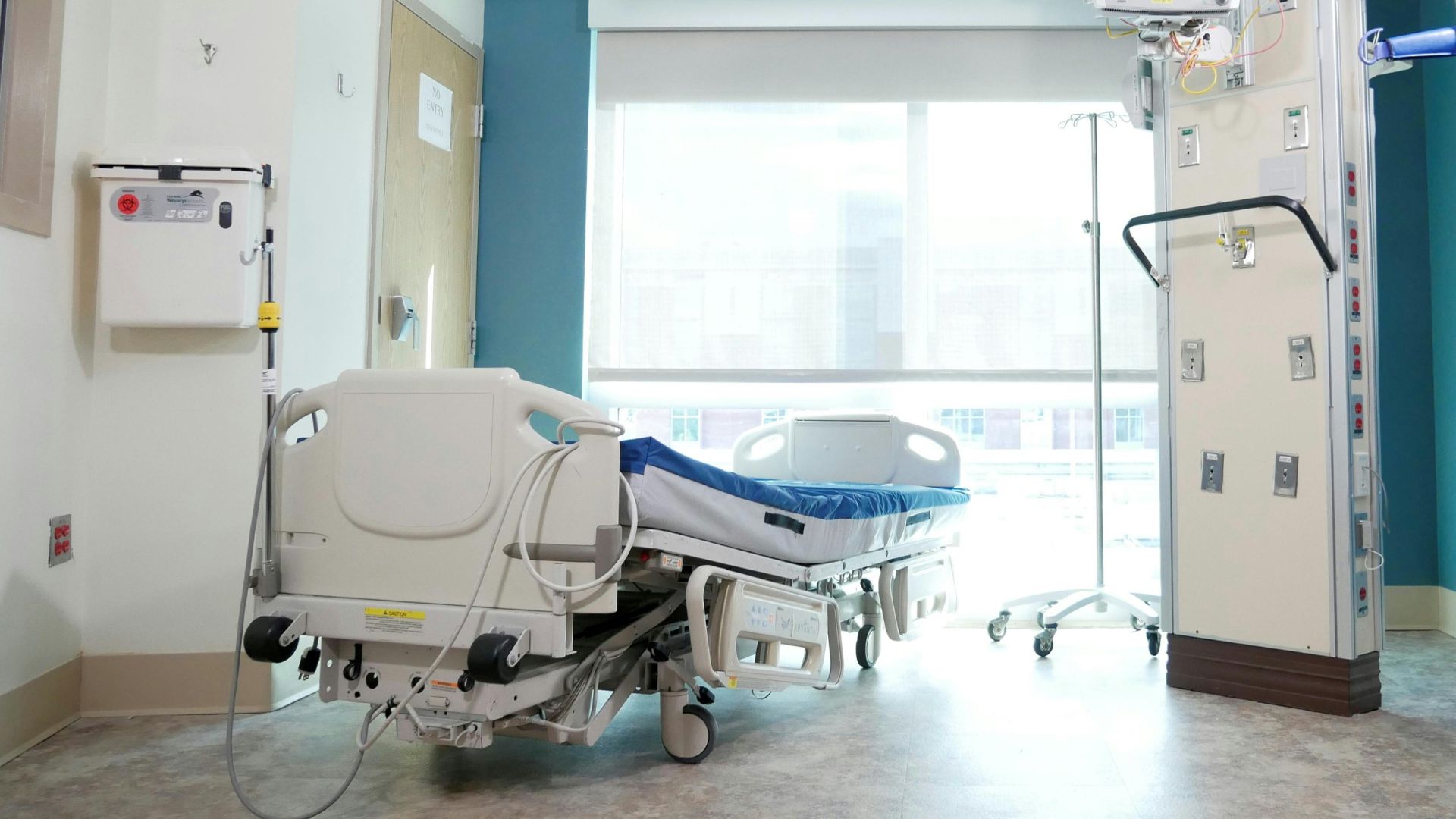
The company supplies food to customers in the travel sector, foodservice, coffee shops, and other convenience retail settings. They supply one other setting that made this potential listeria contamination a particular point of concern.
The Real Wrap Co also provided products to retail stores in healthcare settings, meaning vulnerable people were potentially exposed to listeria.
Listeria, Listeria, Listeria
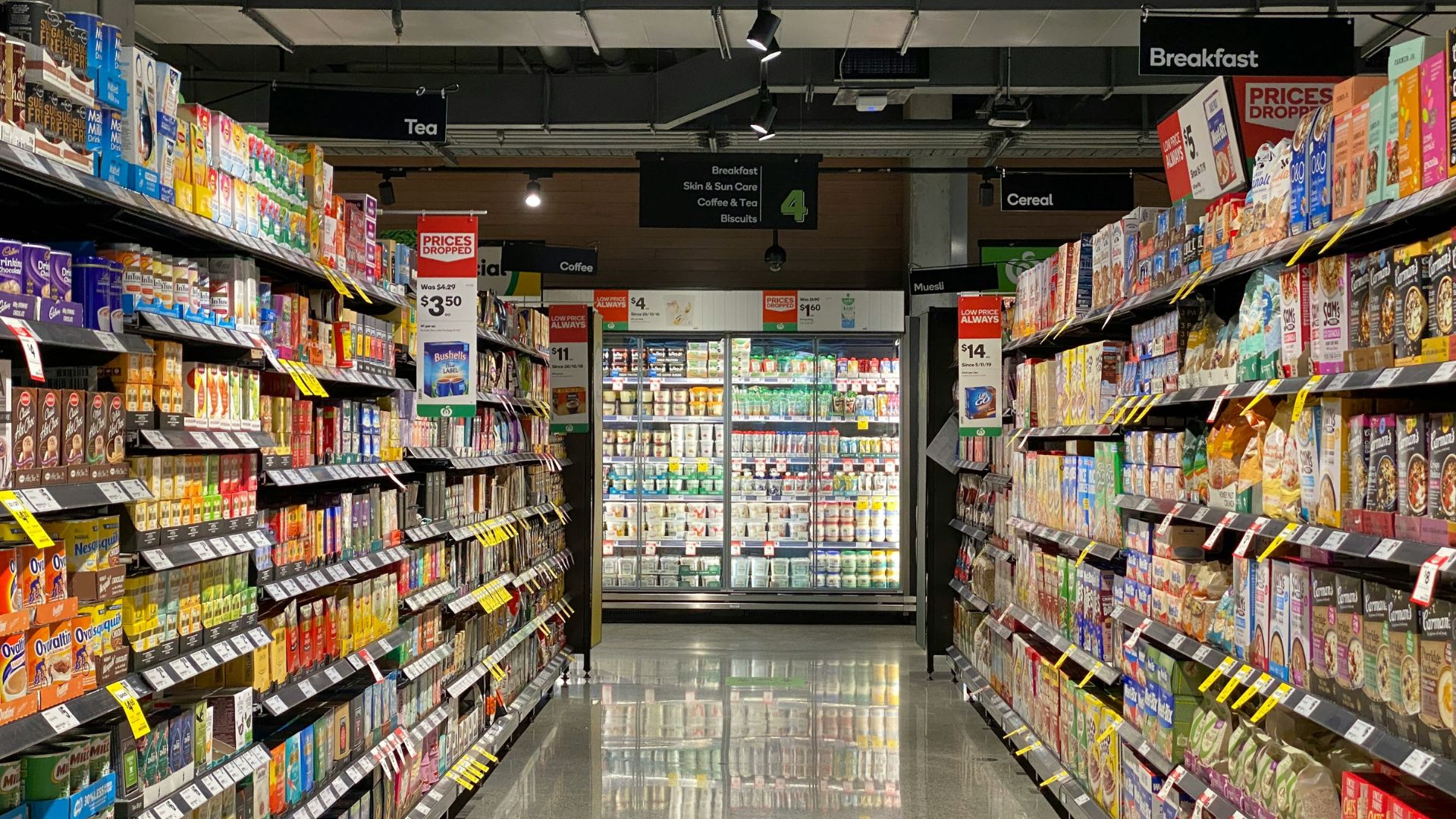
This recall from the Real Wrap Co came about within a month of another product recall due to listeria.
An alert from the FSA just a few weeks prior led to the recall of 23 different Bread Spread products after a variety of their chilled and ready-to-eat lineup were found to contain Listeria monocytogenes.
Fresh Produce Recalled in the U.S.
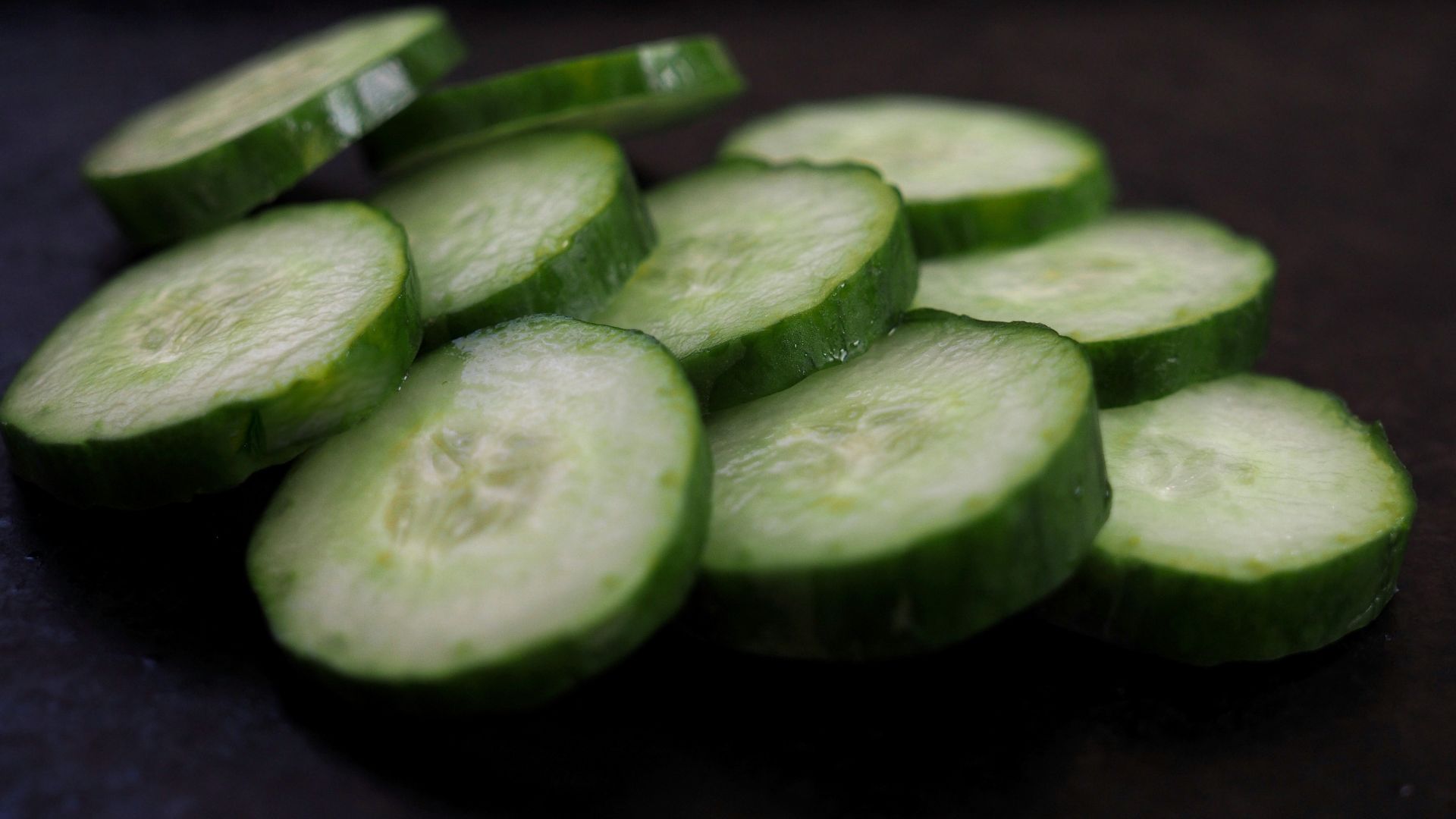
These potato items are just the latest items recalled in the country. Many produce items — or food products that contain fresh produce, such as these potato products — have recently been recalled in the past few weeks.
For example, cucumbers have been recalled, as officials believe that they may be the source of an ongoing Salmonella outbreak seen in the U.S.
